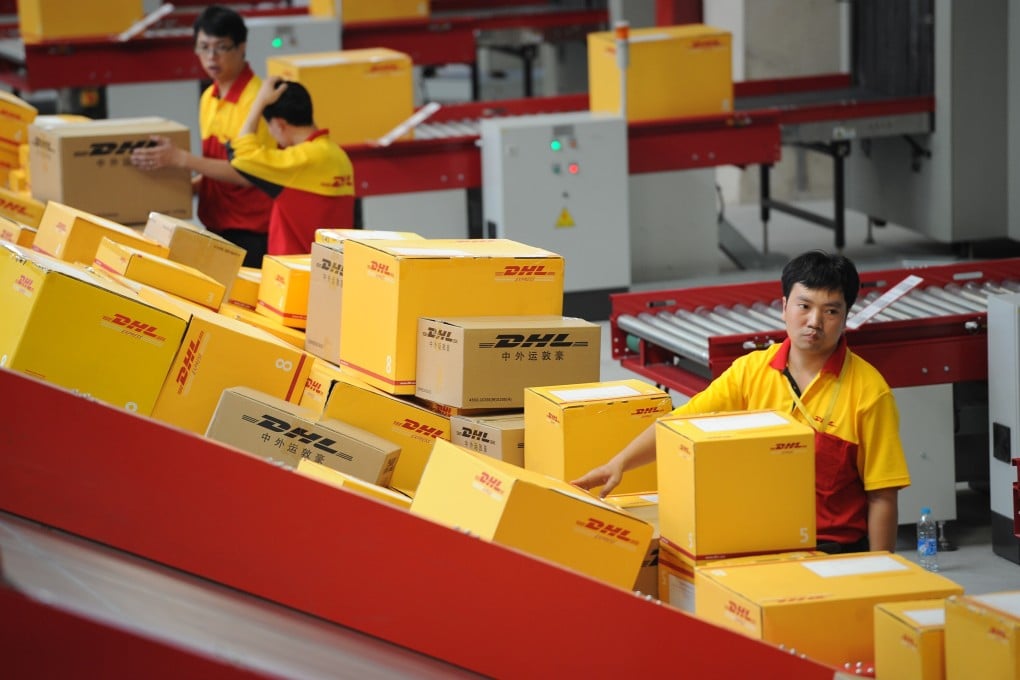DHL Express sees robust e-commerce growth driving global trade, delivery firms in post Covid-19 era
- E-commerce trade and shipments are expected to continue to grow strongly even after the health crisis is brought under control, says DHL’s John Pearson
- Global connectedness was resilient during the pandemic and is unlikely to fall below global financial crisis levels seen during 2008-2009, says DHL report

The strong momentum in e-commerce seen during the Covid-19 pandemic will continue to drive global trade and bolster express delivery service providers even after the deadly outbreak is brought under control by vaccines, according to the chief executive of DHL Express.
Driven by the strong demand for medical devices such as personal protective equipment from Asia to other regions, and the boom in online shopping as shops were closed and people quarantined at home, e-commerce had grown rapidly and boosted delivery services providers.

“People have reassessed the way in which they take the products to the market, they reassessed what their products are, they reassessed their strategies, and e-commerce is absolutely in a very strong position,” he said.